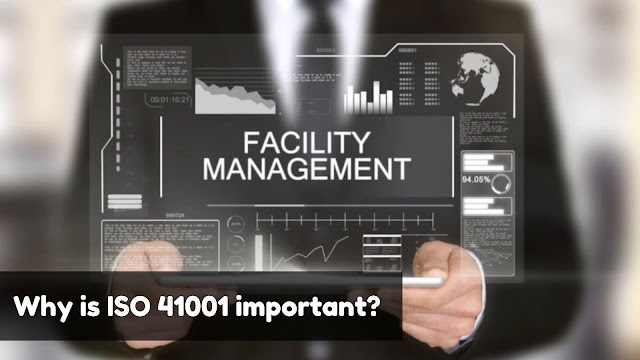Food Safety Management System (FSMS)
Planning
and carrying out a consistent food
safety management system framework help organizations in numerous areas
to adjust the food safety goals to the business needs. It is basic for the
supervisory group to put down food handling targets for a fruitful and
significant program to address business issues.
Here are
the reason of the top motivations to seek after creating and executing an FSMS:
1.
Recognize and arrange food safety gambles:
When this
data is known, the board can focus on and choose to lessen business dangers and
liabilities to adequate levels. These dangers are many times better controlled
by means of a rigid supervisory crew to turn out to be more adjusted about
taking a chance with taking care of framework and work on generally speaking
tasks.
2.
Foster work directions to direct representatives' activities and guarantee food
safety task is finished by the management:
This will
decrease the gamble to an organization by carrying out ISO 22000 Certification
by giving a manual for ISO 22000 food
safety that makes the representative or others diminish the
organization's gamble of government examinations, fines, and loss of business
because of a potential review.
3.
Guarantee the executives and grasp the administrative food safety necessities:
These
necessities can be a driver of persistent improvement to follow
forward-thinking methods and work directions.
4.
Foster significant objectives and targets to diminish extra expenses
conceivably:
Every
business will have various objectives. Objectives guarantee nonstop improvement
for the business in food safety execution.
5.
Make areas of strength for an instructive program with a composed methodology:
A
thoroughly prepared labor force is propelled and assists with decreasing
mishaps and episodes and helps in increment creation efficiencies. Workers are
extremely mindful to guarantee that each occupation mentioned is finished in
the most secure way conceivable.
6.
Foster proper observing practices:
When all
food handling prerequisites in view of the consistency of ISO 22000
Certification are achieved the organization needs to monitor and comprehend to
check sanitation execution in light of logical information and guidelines and
guide the association's activities.
7.
Check that the FSMS is working as executed:
By
constantly evaluating food safety program organization will find issues of
concern and non-conformances before any episodes and mishaps occur or
discoveries by an outsider or guaranteeing body. Schedule, nonbiased reviews
permit the organization to advance the circumstance without excessive impact by
outcasts.
8.
Monitor issues of concern and additionally non-conformance o amend what is
happening following completely working remedial activities:
By
utilizing ISO 22000 Certificate an organization can self-reflect and
distinguish improvement potential open doors and activities across numerous
divisions of the organization. Every one of these upgrades helps the primary
concern and decreases the chance of a sanitation obligation now or later on.
9.
Know and accept that the organization has taken on everything in a way that
meets all food handling rules and guidelines:
The last
and most significant advantage that goes through the method involved with
planning and carrying out ISO 22000 Standard
FSMS realizes that the association meets all food handling regulations, and
guidelines.
Accomplishing
ISO 22000 Certificate assists the organization with keeping up with the
commitment of food safety to shoppers and constructing new clients. This
likewise helps in opening the entryways for business universally and meets
generally required targets of the association. To an entrepreneur, the
execution of ISO 22000 Certification is an extremely valuable accomplishment in
giving safe food to its end clients.
ISO 22000 Certification process
To make
the ISO
22000 Certification process basic and hustle-free, employing a
specialist will direct you and your business through the accompanying moves
toward accomplishing ISO 22000 Certificate by giving.
1. Gap
analysis
2. Testing
3.
Documentation and Test Report
4. Process
Review
5. External Review
6. Certification and then beyond



